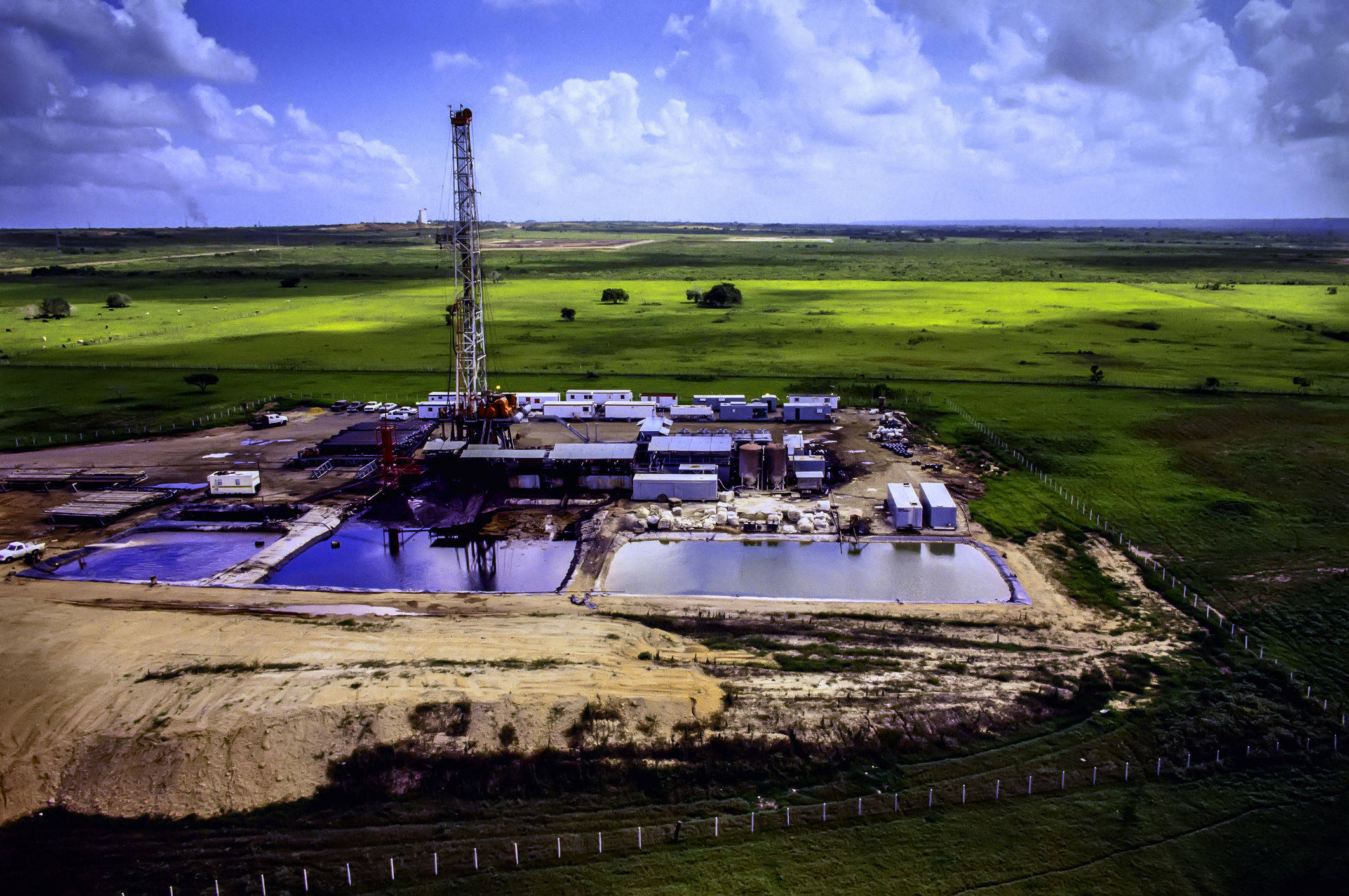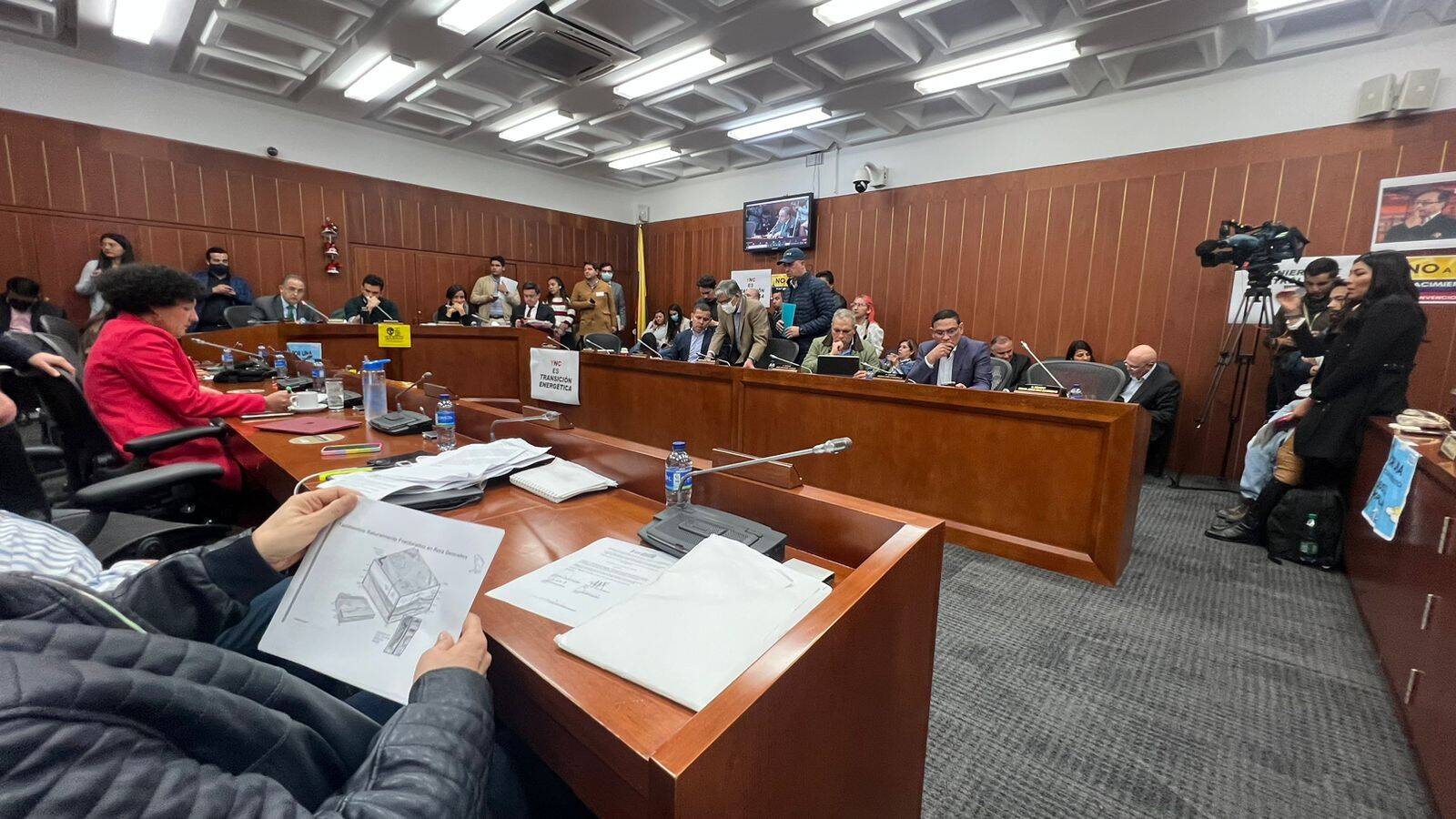The government has filed, for the third time and with a message of urgency, a bill to ban fracking in Colombia.

Today, the Minister of Environment and Sustainable Development, Lena Estrada, submitted to Congress a bill seeking to ban the exploration and exploitation of unconventional oil and gas deposits, as well as the use of the technique known as fracking, throughout the country . In the government's view, "this practice puts the lives of communities and the health of ecosystems at risk."

Fracking is an unconventional hydrocarbon extraction technique. Photo: iStock
"This initiative represents a decisive step toward protecting territories, especially those where these activities, which involve fracturing the soil with high-pressure water mixed with chemicals, could occur, generating irreversible environmental and social impacts," the Ministry of Environment said in a statement.
It's important to note that this is the sixth time an attempt has been made to curb fracking and this type of exploitation in Colombia through a bill (the third time with the support of the current government). Since the start of President Gustavo Petro's administration in 2022, two initiatives have been filed with the support of the Executive Branch and under the leadership of the Ministry of the Environment. Earlier this year, an urgent message was even submitted to the bill to prevent it from failing; however, the initiative failed to reach a debate.
Now, in this new effort, the Minister of the Environment hopes to advance the bill during the final term with the support of the government factions and environmentalists, who have already expressed interest in pushing the text through Congress. Furthermore, the bill will include an urgent message so that its discussion can move forward more quickly.
However, given that it's common for many bills to remain unmoved during the last year of a government's administration and end up stalling in the legislature, it's likely the bill could suffer the same fate it has had on the previous five occasions.

The project to stop fracking has already failed several times. Photo: Twitter: @JoseDavidName
According to the Ministry of the Environment, the anti-fracking bill is supported by technical and scientific evidence that warns about the effects of fracking, including: water, air, and soil pollution, with risks to human health; excessive water consumption: a single well can use up to 15 Olympic-sized swimming pools; contamination of rivers and aquifers with toxic chemicals; generation of hazardous waste, some containing radioactive materials; impacts on agriculture, livestock, and biodiversity; and the emission of polluting gases, such as methane, which exacerbate climate change, among others.
“This law stems from a citizen mandate to protect our territory. It is an ethical response to a threat that endangers life. Fracking not only pollutes, it also sickens and destroys. This is why the Anti-Fracking Law defends the right to live healthily, to protect water, and to respect Mother Earth. Saying no to fracking is saying yes to an economy that values life and the dignity of communities,” stated Minister Estrada.

Environment Minister Lena Estrada Añokazi. Photo: Ministry of the Environment
Environment and Health Journalist
eltiempo





